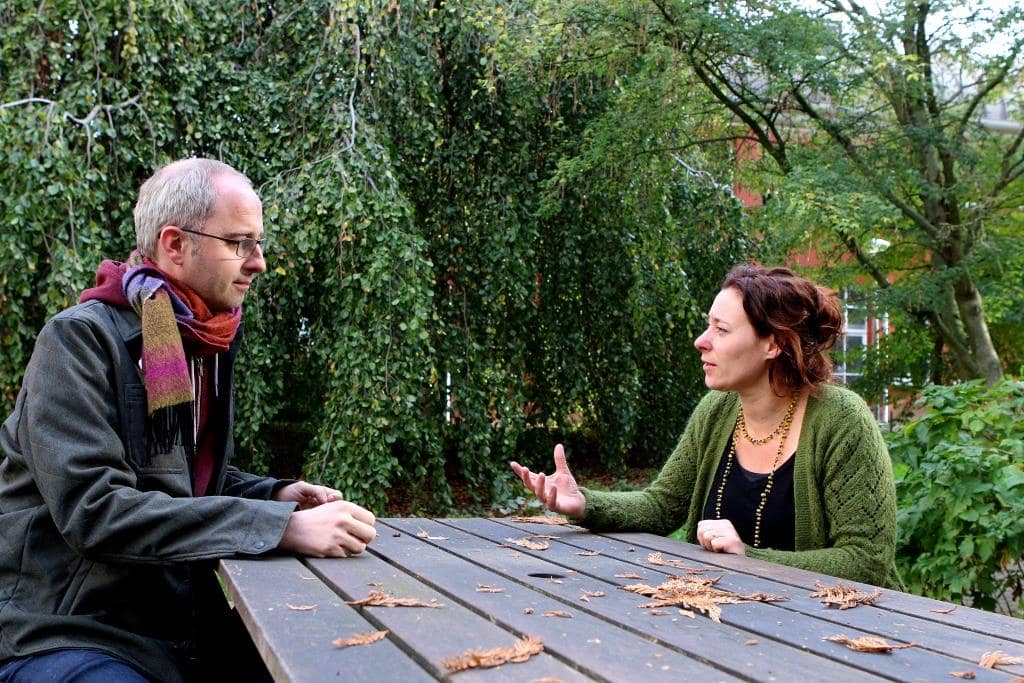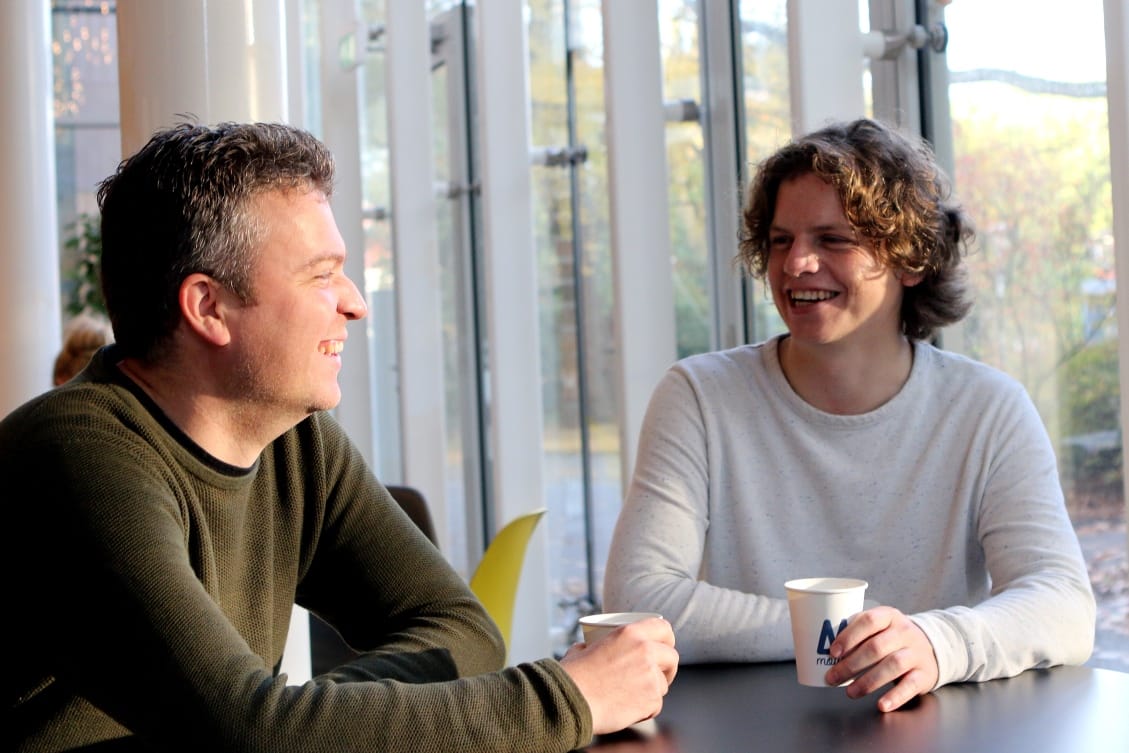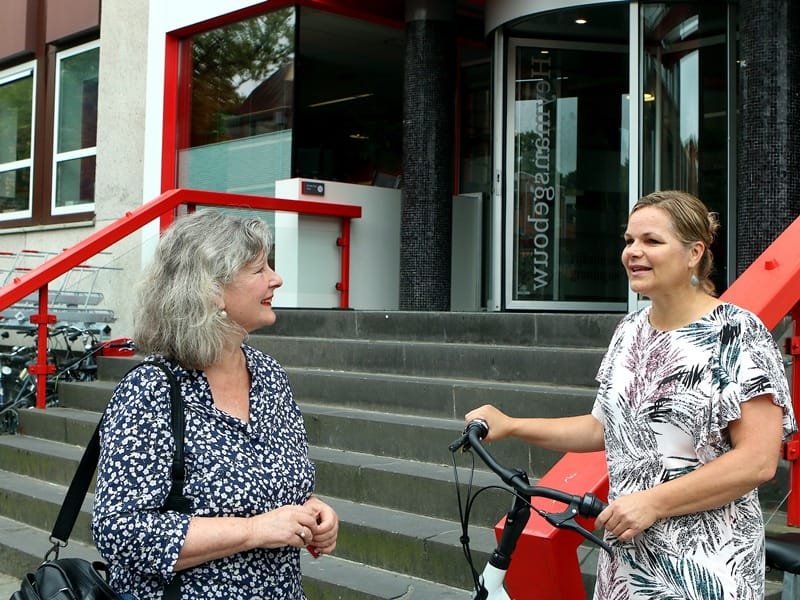We, two Research Master students, went to Bolivia to support the project of Drs. Nina Hansen and Judith Daniels. We interviewed 100 women about the effect of trauma on female empowerment. We carried home a rich data set and stories that cannot be easily expressed in figures.
Childhood maltreatment can have long-term consequences on psychological functions. People with a history of childhood maltreatment are more likely to be victimized in adulthood. In this blog post, I will explain why it is important to understand what risk factors link childhood maltreatment and adult re-victimization.
What do professors do all day? Did you know that they are also expected to complete various administrative tasks? Mindwise decided to lift the veil on one task regularly being taking on by professors: being an editor for a scientific journal. Specifically, we asked Dr. Rafaele Huntjens about being an Associate Editor for the Journal of Behavior Therapy and Experimental Psychiatry and Dr. Kai Epstude about being Editor-in-Chief for Social Psychology.
Who has not heard of Veni-Vidi-Vici? In grant land, these are three types of subsidies awarded to outstanding junior, intermediate, and senior researchers, respectively. This year, the Netherlands Science Foundation NWO included Dr. Maarten Eisma (Clinical Psychology) and Dr. Bertus Jeronimus (Developmental Psychology) among its Veni grantees. In light of this exciting development in their research careers, Mindwise decided to ask Drs. Eisma and Jeronimus about their grant writing experiences.
Clinical psychology training centers around the scientist-practitioner model, which posits that psychologists working in mental health care (MHC) should combine clinical practice (i.e., assessment, diagnosis, and treatment of people with psychological problems) with scientific research (e.g., participating in clinical trials of new psychological therapies, conducting literature reviews). Yet MHC institutes may also employ psychologists whose primary task is setting up and executing clinical research.
Uncertainty is an ever-present part of life. It prevents us from being able to predict what will happen to us. Some people experience this uncertainty as extremely aversive, which can fuel the development of anxiety. Mindfulness may help, by means of learning to accept uncertainty and live with it.
Imagine that you are a primary care doctor. A young woman comes to see you because she worries constantly about everything, from her health to her studies to the state of the world. At night, she often lies awake for hours, worrying. Because she is having difficulty concentrating, she has failed some of her classes […]
Detached from its original adaptive function, disgust can be experienced in response to one’s body fat and other bodily aspects. Facilitated by a prevailing objectification of female bodies in today’s society, the experience of disgust towards one’s own body may help to understand why body image disturbances are so persistent.
Scientists are making new efforts to pool their neuroimaging data. Currently, structural and functional data of approximately 3,000 people diagnosed with PTSD, acquired in many different labs around the globe, are being analyzed conjointly. Will this produce more valid results on alterations? in brain structure and brain function?
Last year I wrote a blog post on Blue Monday, an international day which serves to raise awareness for depression. This year, Blue Monday was on January 15. The week before, on January 9, the Dutch Ministry of Public Health started a national campaign with the aim of making it easier to talk about depression, […]










